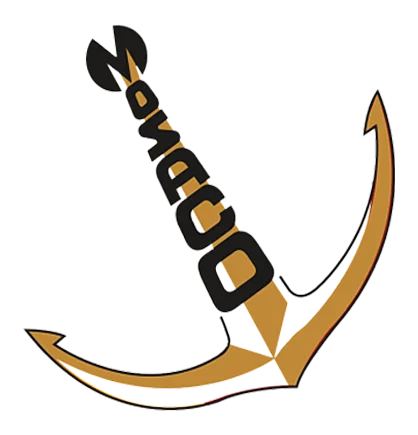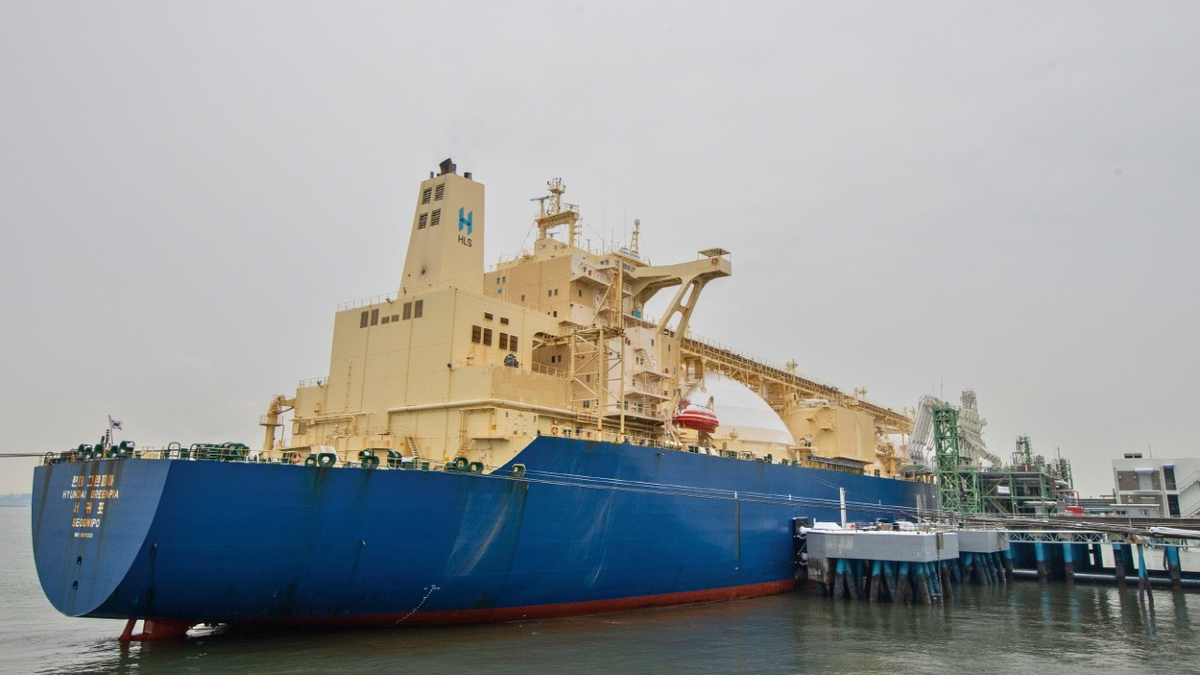HD Hyundai Heavy Industries has initiated a landmark demonstration of autonomous operations aboard an 8,000 TEU containership equipped with cutting-edge autonomous navigation systems. The demonstration, which began on November 4, 2024, is part of a South Korean government-backed program aimed at advancing and commercializing autonomous shipping technologies. The initiative is overseen by South Korea’s Ministry of Trade, Industry and Energy, alongside the Ministry of Oceans and Fisheries, and includes 44 projects that have received regulatory exemptions to test new technologies and develop international standards for autonomous shipping.
The vessel, built at HD Hyundai’s Ulsan shipyard, features an autonomous navigation system developed by the company’s Avikus division. During the tests, the ship will showcase key capabilities, including autonomous collision avoidance and remote control of speed and direction. Operations will be monitored and controlled remotely from the HD Hyundai GRC (Global Research Center) in Seongnam, Gyeonggi Province.
As part of the project, the South Korean ministries have created a “regulatory sandbox” allowing companies to bypass current legal constraints, such as the lack of provisions for remote control of vessels by shore-based operators. This innovative framework enables HD Hyundai and its partners—POS Ocean and PAN Shipping—to conduct live demonstrations while gathering critical data to refine the technology.
This demonstration follows several earlier milestones in the collaboration, including the successful integration of autonomous systems on smaller vessels, and the launch of the world’s first containership equipped with autonomous technology in April 2024. Additionally, tests with the Sea Shanghai, a 324,272 dwt ore carrier, successfully demonstrated the autonomous system’s capabilities in route planning, tracking, collision avoidance, and safety functions.
The autonomous navigation system utilizes advanced AI and AR technologies to optimize routes and enhance collision avoidance by processing data from various sensors and navigation equipment. Designed to alleviate the workload on deck officers, the system aims to reduce navigational fatigue and improve fuel efficiency, contributing to safer, more sustainable operations in the maritime industry.
With these offshore demonstrations, HD Hyundai Heavy Industries is positioning itself at the forefront of the autonomous shipping revolution, paving the way for the development of international regulations and standards that will shape the future of global maritime transport.


